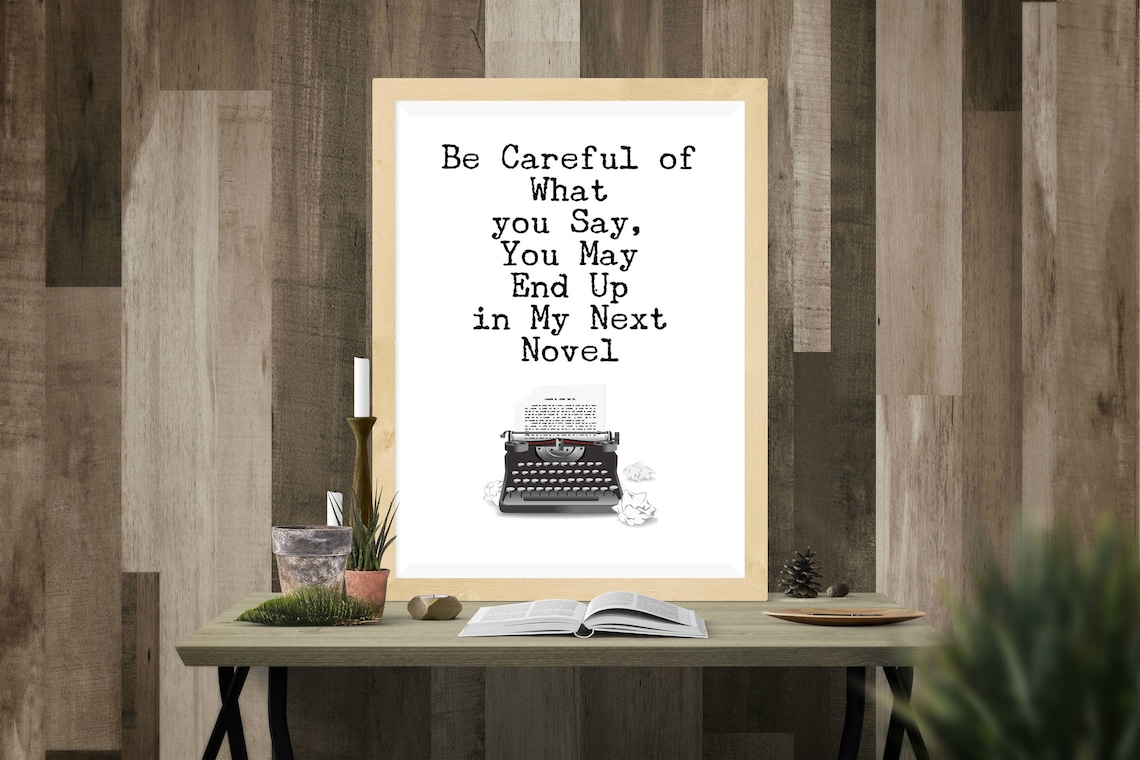 |
| Image by Comfreak on Pixabay |
Period pieces are more forgiving depending on your genre. Most readers are not history buffs, but
 |
| Image by alan9187 on Pixabay |
Try to use reliable sources when researching time periods. Be especially careful when researching costuming choices. Thanks to Hollywood there are many mixups out there. Wikipedia is wrong from time to time so be careful. There are other sources available from universities and historical societies. These sources tend to be more reliable.
 |
| Image by KELLEPICS on Pixabay |
When building your world, your characters may have a need to travel, and everywhere they go needs a name. Naming towns can be challenging. There are several methods to name cities, towns and even streets. Many websites offer name generators; some are better than others. I personally never cared for using them although they are fun to play with. You can reuse city names if they fit with your character naming scheme. My personal favorite is to collect street and subdivision names. Many of them fit in well with the fantasy books I write. For instance, Meadowbrook is a local street name and would make an excellent town name. I used to keep a notebook in my purse or car at all times for ideas or good names. Now I just put them in the notes section on my phone.
Currently, I have 11 titles available ranging from sci-fi, fantasy, and romance. My current favorite series is my dragon shifter series: Dragons of the North and Dragons of the South 1& 2. If you would like to learn more about me or my books you can find it at these links.



